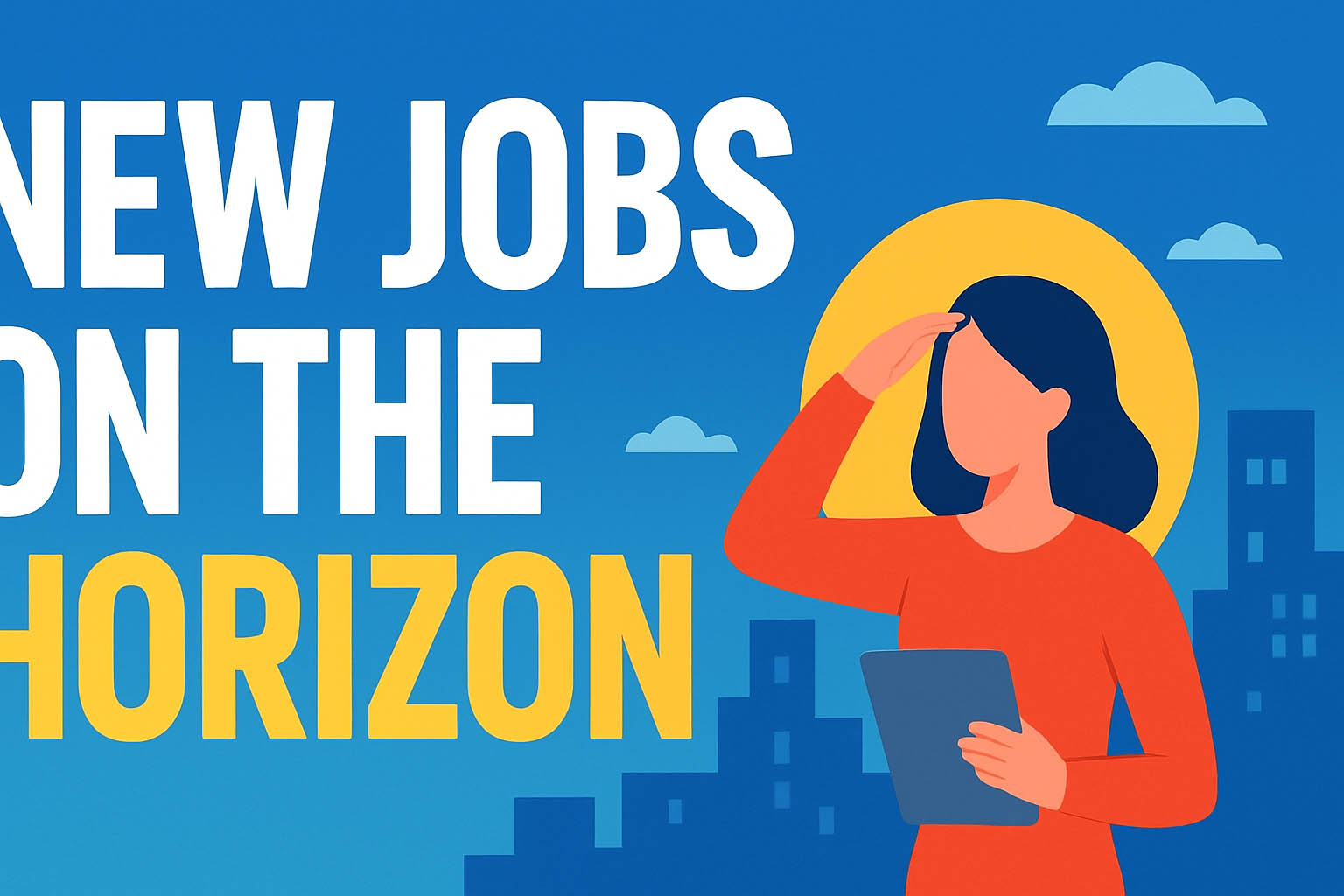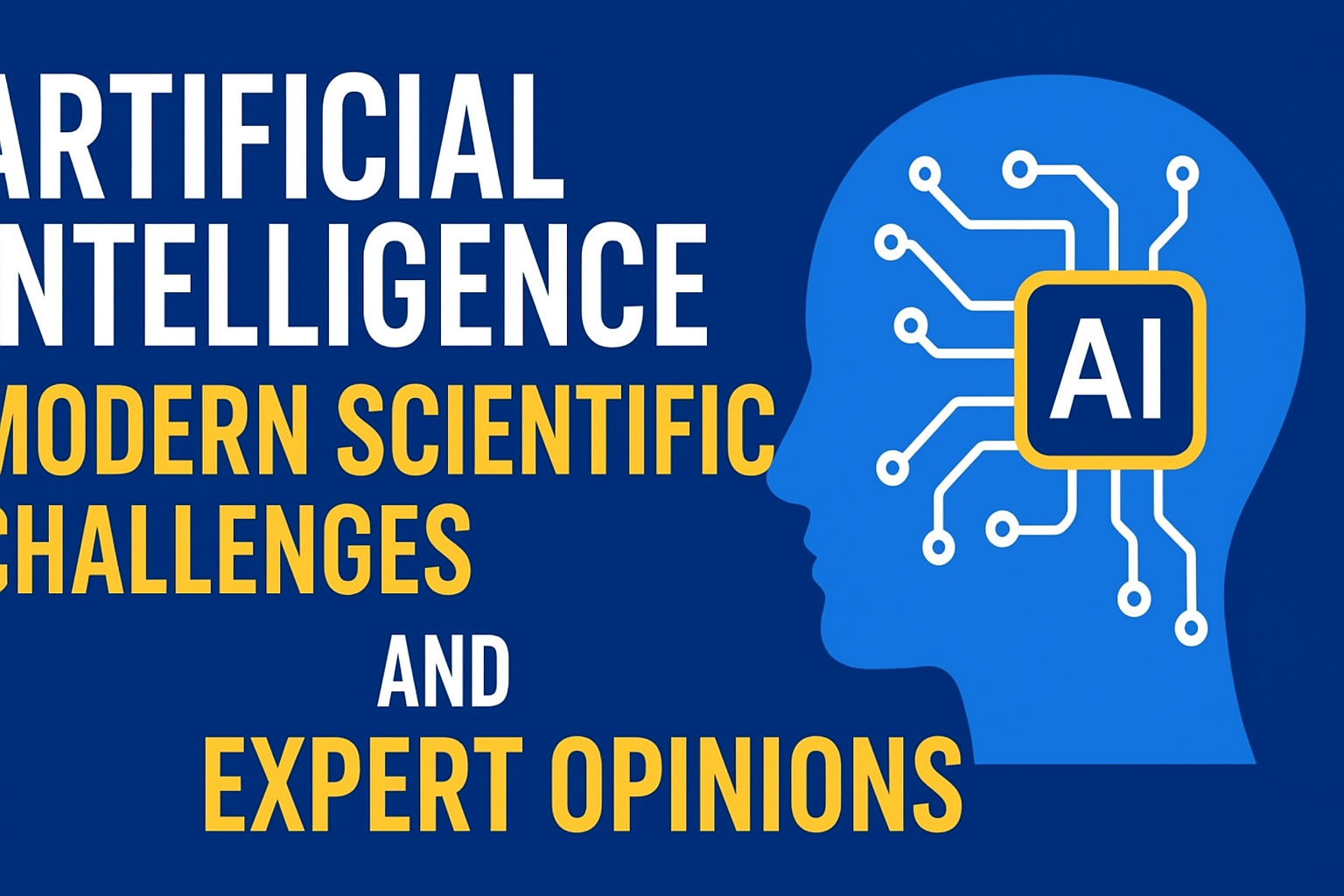History shows that technological revolutions often destroy some jobs but create entirely new ones. The industrial revolution, for instance, reduced agricultural jobs but created factory and engineering roles. Similarly, AI is expected to create new careers in fields like:
- AI development and programming
- Robotics engineering
- Data science and machine learning
- Cybersecurity
- Human-AI collaboration specialists
- Digital ethics and AI regulation
These new roles will require different skills, meaning education and training systems must evolve to prepare workers for the future.
The Skills of the Future
To survive in the AI-driven economy, workers must focus on skills that machines cannot easily replicate. These include:
- Creativity and innovation – imagining new solutions and products.
- Emotional intelligence – understanding and managing human emotions.
- Complex problem-solving – addressing issues that don’t have clear answers.
- Leadership and teamwork – guiding and inspiring people.
- Adaptability – learning new skills quickly as industries change.
In short, the future belongs to those who can work with AI, not against it.
The Role of Governments and Businesses
Governments and corporations will play a critical role in shaping the future of work. They must invest in re-skilling programs, create policies to protect vulnerable workers, and encourage industries that generate new employment opportunities.
Some countries are even exploring ideas like universal basic income (UBI), where governments provide citizens with financial support to offset job losses. While controversial, such policies may become necessary in an AI-dominated world.
Businesses, too, must take responsibility by retraining employees instead of simply replacing them with machines. The transition should be fair, gradual, and human-centered.
Opportunities Ahead
While AI poses challenges, it also offers opportunities. By automating repetitive tasks, workers will have more time to focus on creative and meaningful work. Productivity could rise dramatically, leading to economic growth.
AI could also improve work-life balance. Imagine shorter workweeks, flexible remote jobs, and AI assistants handling mundane responsibilities. Instead of fearing job loss, humanity could use AI to build a more fulfilling work culture.
Conclusion
So, will AI take away our jobs? The truth is: yes and no. Some jobs will vanish, but new ones will appear. The real challenge lies in preparing people for the transition.
AI is not a threat to humanity—it is a tool. Whether it leads to mass unemployment or a golden age of creativity depends on how wisely we use it. The future of work will not be about humans versus machines, but about humans and machines working together.



